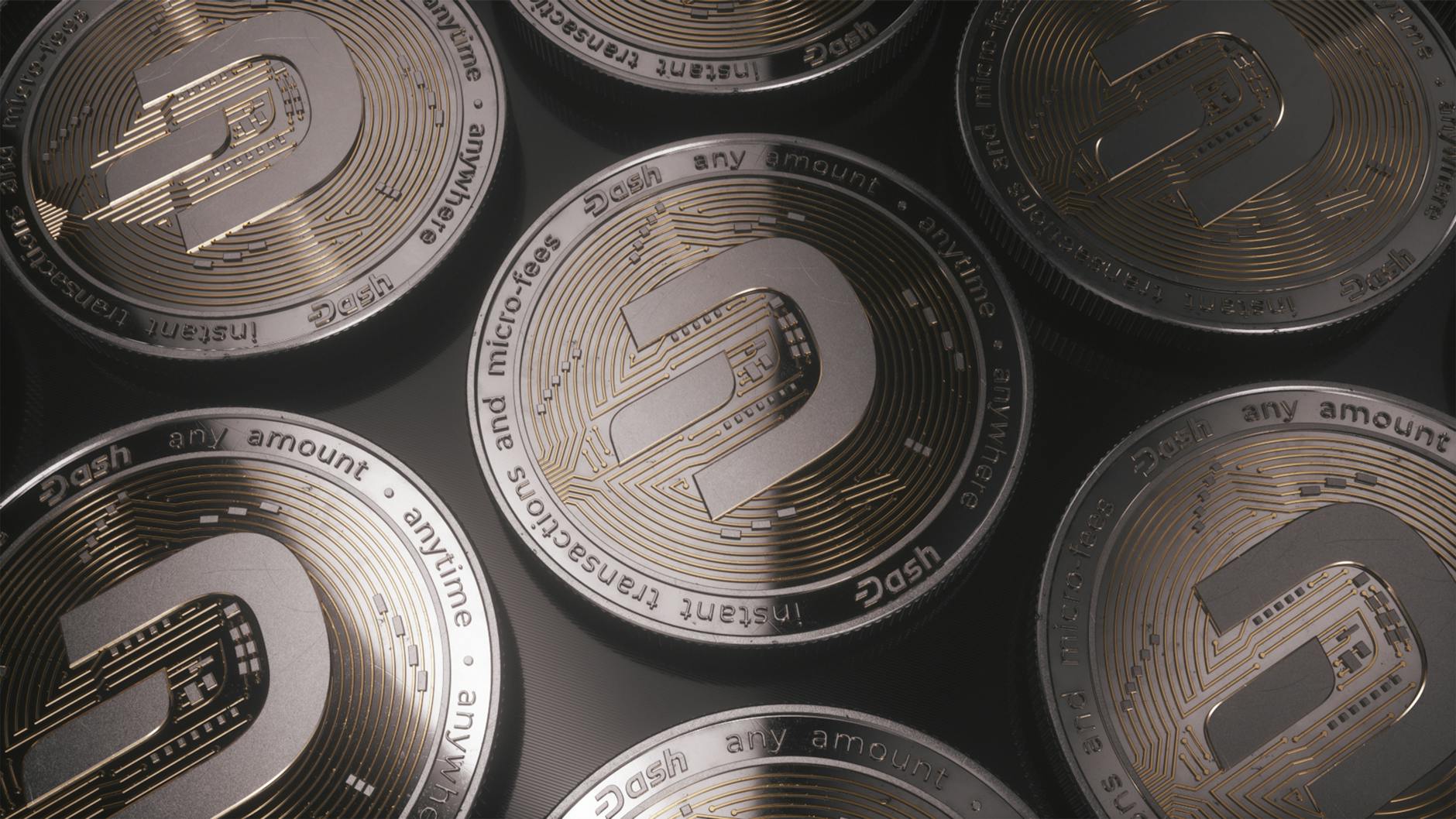Swarm Network recently clinched a $13 million investment, earmarked for developing a decentralized artificial intelligence (AI) verification protocol. This move underscores a burgeoning trend where the realms of cryptocurrency and AI not only intersect but collaborate, potentially creating robust, decentralized frameworks for data verification.
Of the total funds, $10 million was garnered through innovative licensing, where each license, manifesting as a non-fungible token (NFT), grants the holder daily rewards for participating in network maintenance. This approach does more than raise capital; it actively involves investors in the network's operation, creating a self-sustaining ecosystem of operators. The remaining $3 million originated from strategic investments, drawing interest from entities like Sui (SUI), Ghaf Capital, and Brinc-all secured through Swarm’s engagement in the SuiHub accelerator in Dubai.
Swarm Network isn’t merely another player in the decentralized space. Their aim to transform offchain data into verifiable onchain information could solve significant trust issues prevalent in current data management practices. An early adopter of Swarm's system, Rollup News, utilizes this protocol for AI-powered fact-checking, with over three million posts already verified by its users.
The fusion of blockchain technology with AI isn't groundbreaking per se, but its application across various sectors, including financial services and media, is gaining traction. As seen with CoinTelegraph reporting on Swarm’s funding, this trend is catching the eye of hefty investment, as illustrated by Sui's role in supporting Swarm. Similar ventures like Numerai and Kraken’s acquisition of Capitalise.ai further signal a growing confidence in the synergy between AI and blockchain technologies, moving beyond mere speculative projects to practical, scalable technologies.
This convergence also leads to the evolution of AI agents in the cryptocurrency sphere. These agents, designed to execute tasks autonomously with minimal human intervention, could soon become significant players in blockchain ecosystems. Projects like Ethereum may see such agents becoming predominant users, a prediction supported by Coinbase developers discussing future blockchain dominators.
What does all this mean for the blockchain and AI landscape? Firstly, decentralization extends beyond the mere distribution of data or financial transactions. It encapsulates an essential shift towards transparent, verifiable, and autonomous systems that can act independently but within a governance framework that ensures reliability and trustworthiness. Secondly, the financial backing that projects like Swarm Network attract indicates a robust confidence in decentralized AI’s market viability and its potential to streamline complex processes.
However, while the potential is immense, the challenge remains in scalability and integration. Decentralized systems often face hurdles related to speed and cost-efficiency, especially when scaled. Moreover, the complexity of creating user-friendly interfaces that can handle the secure, yet accessible deployment of such sophisticated technology cannot be underestimated.
As we tread further into this integration of AI and blockchain, the benefits could be revolutionary, offering a new paradigm where autonomous AI agents operate on decentralized networks, providing services that are not only efficient but are inherently resistant to manipulation and control. This could redefine trust in digital and real-world applications, marking a pivotal chapter in the evolution of technology.
For those keeping a tab on fintech's future, following these developments is not just about witnessing innovation but understanding the trajectory of digital governance, privacy, and how we interact with the immutable and the intelligent.



